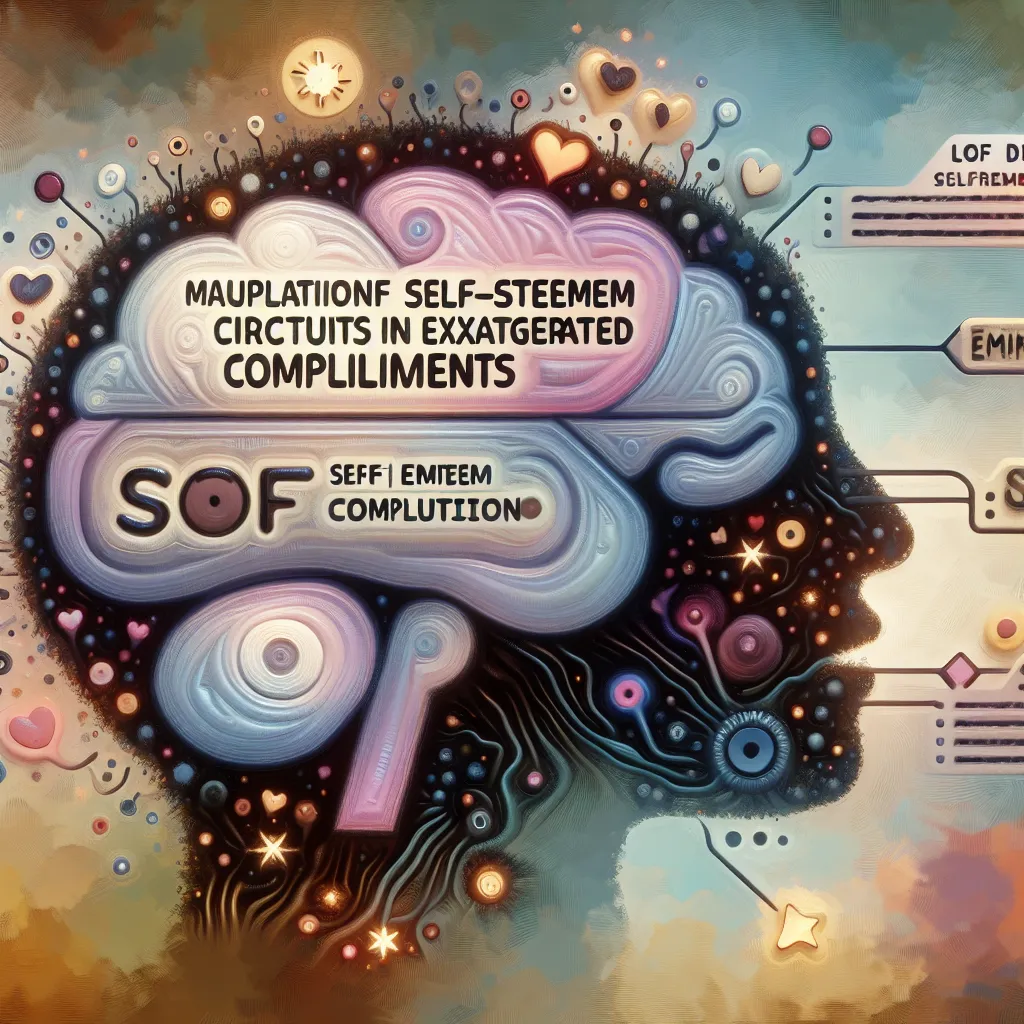Hello, relationship seekers!
Today, we’re diving deep into an important question about relationships: “How does a cheating partner distort memories to justify infidelity?”
The Direct Answer
In many cases, a cheating partner may distort memories to justify infidelity by employing a psychological defense mechanism known as cognitive dissonance. This involves changing one’s perception of reality, including memories, to reduce the internal conflict between their actions (infidelity) and their values or beliefs about themselves. They may remember past events or characteristics of their partner in a negative light, thus creating a justification for their cheating behavior. This is not done consciously but is a way to reconcile the guilt or shame they may feel.
Now, let’s explore the extensive evidence and details that support this answer:
1. Understanding Cognitive Dissonance
Cognitive dissonance theory, first proposed by psychologist Leon Festinger in 1957, is a psychological concept that explains the discomfort people feel when their actions contradict their beliefs or values.
A. Cognitive Dissonance and Cheating
- Expert Perspectives: Relationship experts and psychologists agree that cognitive dissonance can lead individuals to distort their memories to justify actions that contradict their values. Dr. Shirley Glass, a renowned psychologist, states, “Cheaters use cognitive distortions to reconcile their actions with their values.”
- Psychological Research: Research studies have shown that cognitive dissonance can lead to memory distortions. According to a study by Stone et al., people tend to distort or selectively forget information that is inconsistent with their behavior to reduce dissonance.
- Real-World Examples: Consider the case of ‘John,’ who cheated on his partner. To justify his actions, John began to exaggerate his partner’s flaws and downplay their positive qualities in his mind.
B. The Process of Memory Distortion
- Historical Context: The concept of memory distortion has been studied extensively in psychology. Elizabeth Loftus, a prominent researcher in the field, has shown that memories are not static but can be changed or distorted.
- Common Challenges: A person who distorts memories may start believing their altered recollections, making it difficult for them to acknowledge their actions and the hurt caused.
- Practical Applications: Awareness of this phenomenon can help individuals understand the mental processes behind infidelity, offering a starting point for healing and reconciliation.
C. Cognitive Dissonance and Infidelity
Cognitive dissonance can lead individuals to create narratives that portray them as the ‘victim’ or their actions as ‘inevitable.’ They may exaggerate issues in the relationship or devalue their partner’s worth to reconcile their actions with their self-image.
2. Memory Reconstruction and Romantic Relationships
Memory is not a perfect record of our past. It is dynamic and can be influenced by our current emotions, beliefs, and experiences.
A. The Flexibility of Memory
- Memory Bias: This occurs when our current feelings and beliefs influence how we remember past events. A cheating partner may view past relationship issues more negatively to align their memories with their actions.
- Selective Memory: They may also selectively remember negative aspects of the relationship and forget the positive moments, creating a biased perspective.
- Self-Serving Bias: This bias leads people to remember events in a way that benefits them and protects their self-esteem.
- Emotionally-Charged Memories: Negative emotions can enhance the recall of negative memories, further contributing to a distorted view of the relationship.
B. The Impact on Relationships
Memory distortion can have severe implications for relationships. It not only justifies infidelity but also creates a skewed perception of the relationship, making reconciliation difficult.
C. Overcoming Memory Distortion
Recognizing and understanding the role of cognitive dissonance and memory distortion in justifying infidelity is the first step towards healing. Open communication and professional guidance, such as couples therapy, can help address these distortions.
3. The Role of Guilt and Shame in Memory Distortion
Guilt and shame are powerful emotions that often accompany infidelity. These feelings can intensify the need to justify one’s actions, leading to memory distortion.
A. Guilt, Shame, and Cognitive Dissonance
- Guilt and Cognitive Dissonance: Guilt intensifies cognitive dissonance, increasing the need to justify one’s actions.
- Shame and Memory Distortion: Shame can lead to self-deprecation, which may cause individuals to focus on negative aspects of their relationship.
- Reducing Guilt and Shame: Recognizing these emotions and addressing the root cause (infidelity) can help reduce memory distortion.
B. Alternative Perspectives or Counter-Arguments
Some may argue that not all cheaters distort memories, and some may feel genuine remorse without justifying their actions. While this is true, it does not negate the fact that many do employ memory distortion as a defense mechanism.
C. Future Possibilities
As we continue to understand the nuances of memory and cognitive dissonance better, more effective strategies can be developed to address and overcome these distortions in the context of infidelity.
4. Additional Context and Considerations
While cognitive dissonance and memory distortion play significant roles in how a cheating partner justifies infidelity, other factors, such as personality traits, the quality of the relationship, and individual moral codes, also contribute.
Conclusion: The Definitive Answer
Based on all the evidence we’ve examined:
– Cognitive Dissonance: Cheating partners often experience cognitive dissonance, leading them to distort memories to align their actions with their beliefs.
– Flexible Memory: Memories are not fixed; they can be influenced by current emotions and beliefs, contributing to a distorted perception of the past.
– Role of Guilt and Shame: Feelings of guilt and shame can intensify the need to justify one’s actions, further enhancing memory distortion.
In conclusion, a cheating partner distorts memories to justify infidelity primarily through cognitive dissonance, influenced by the flexibility of memory and feelings of guilt and shame. Understanding this complex process can provide insight into the psychological mechanisms that contribute to infidelity and offer a path towards healing and reconciliation.



